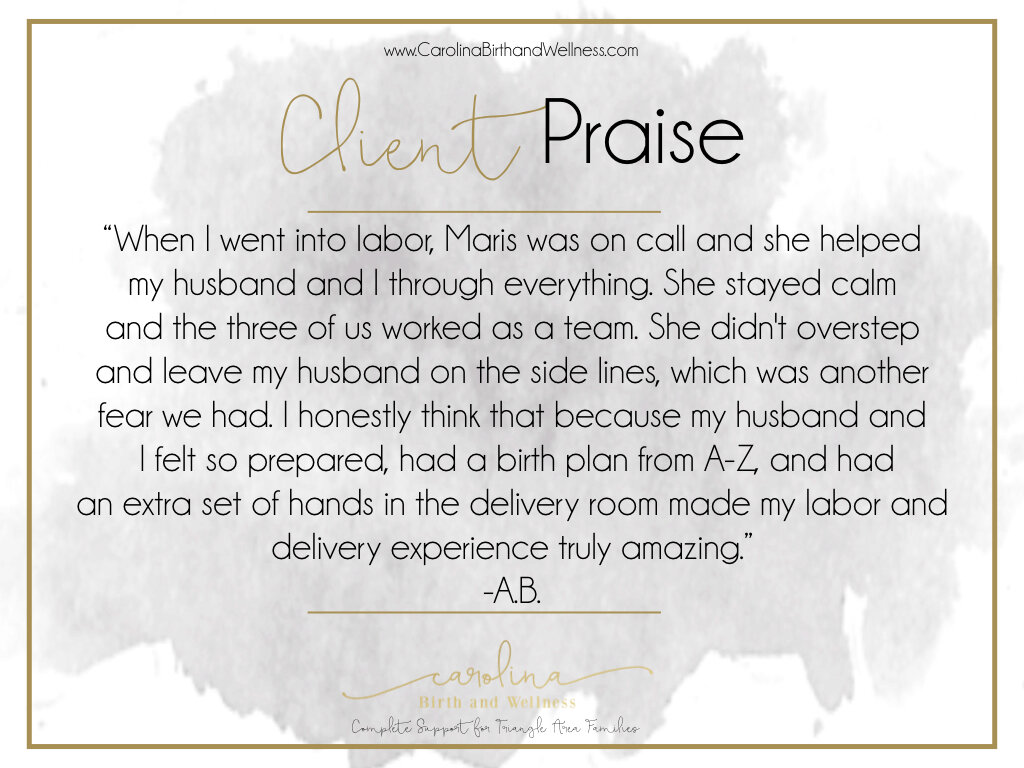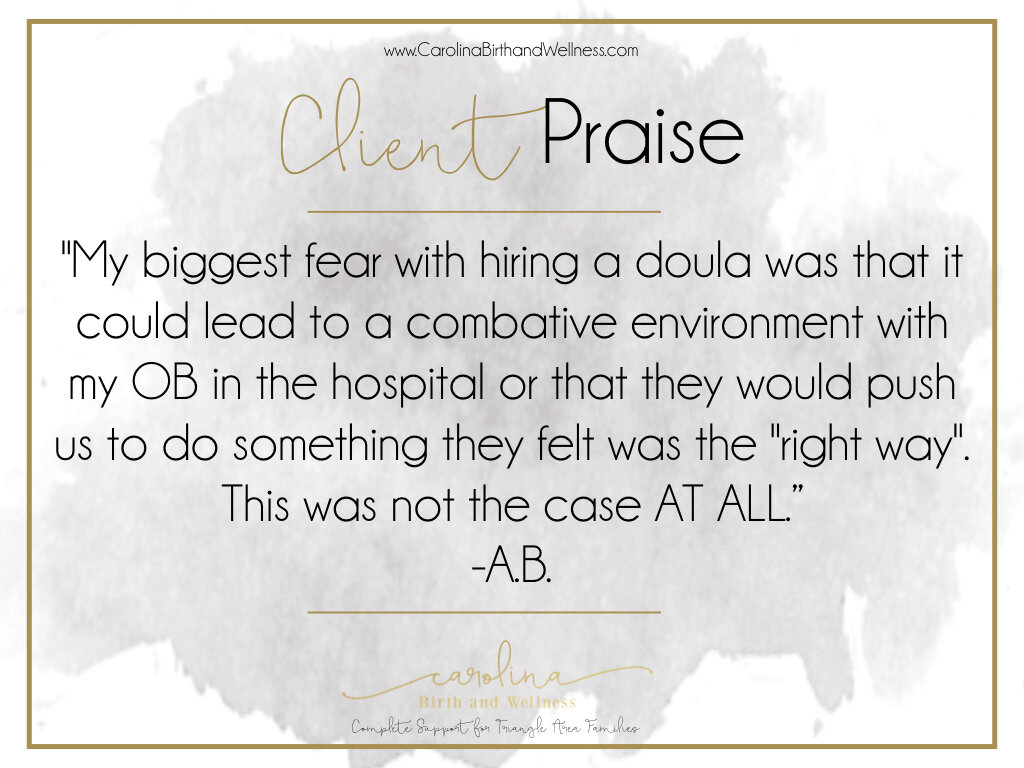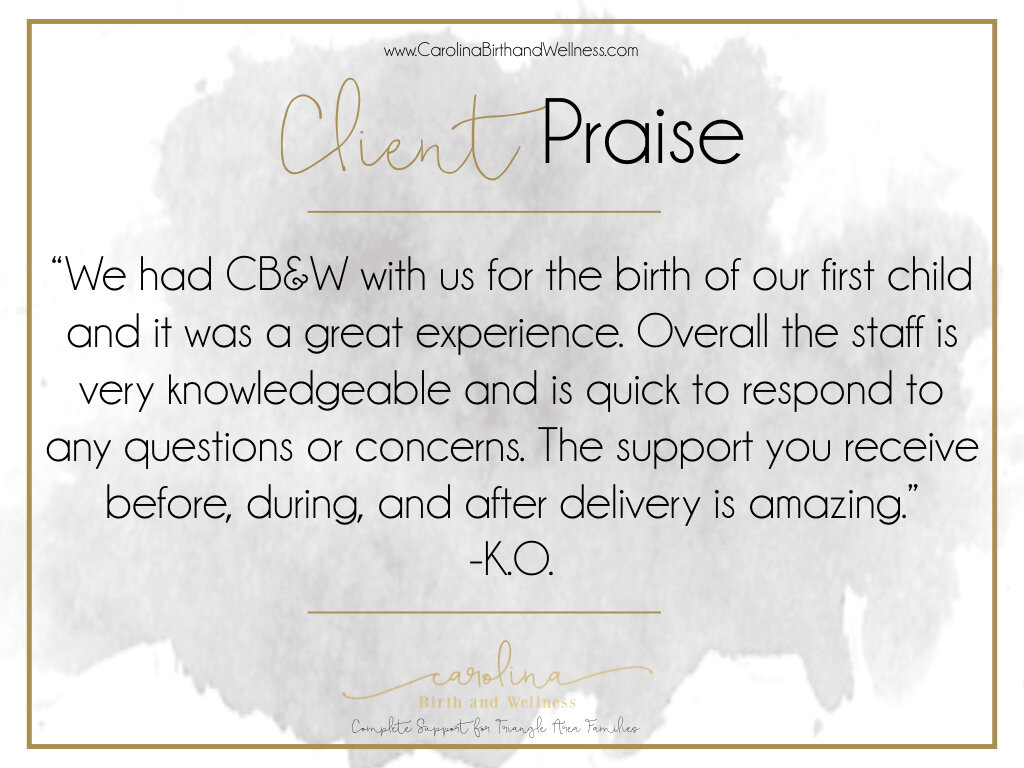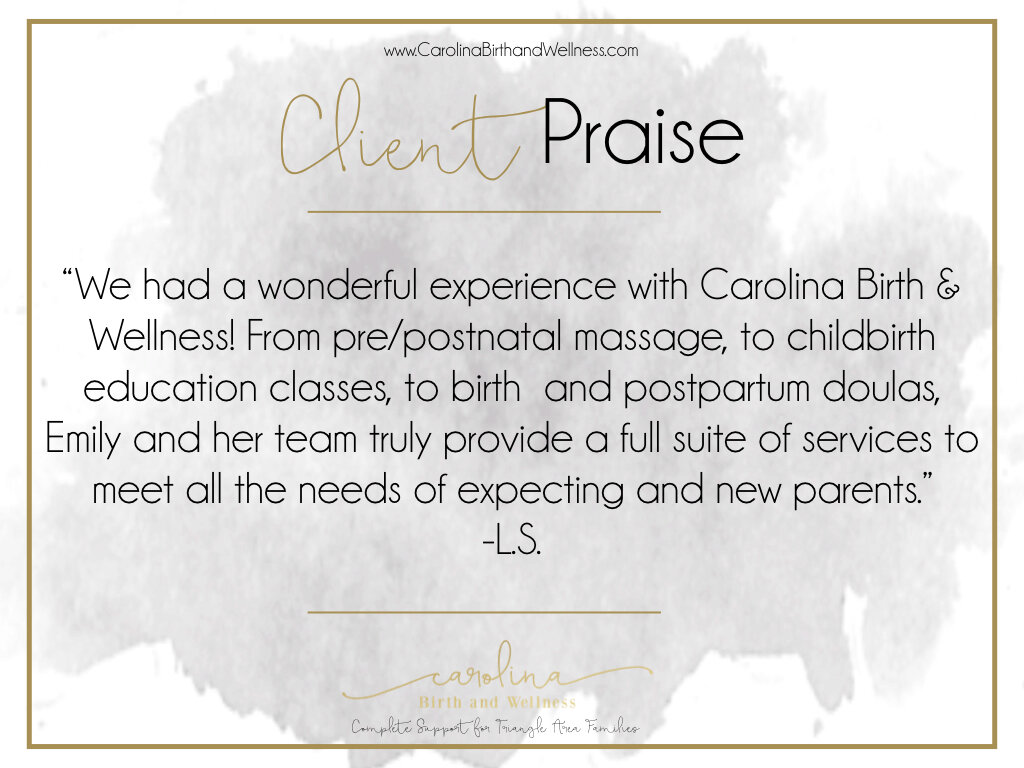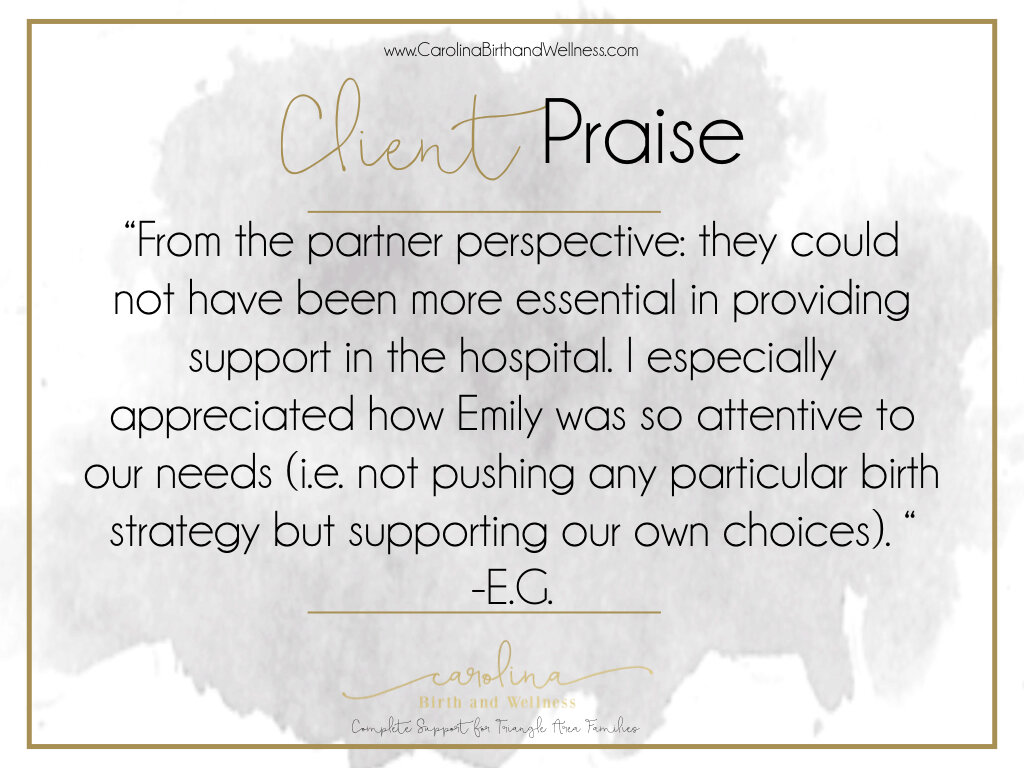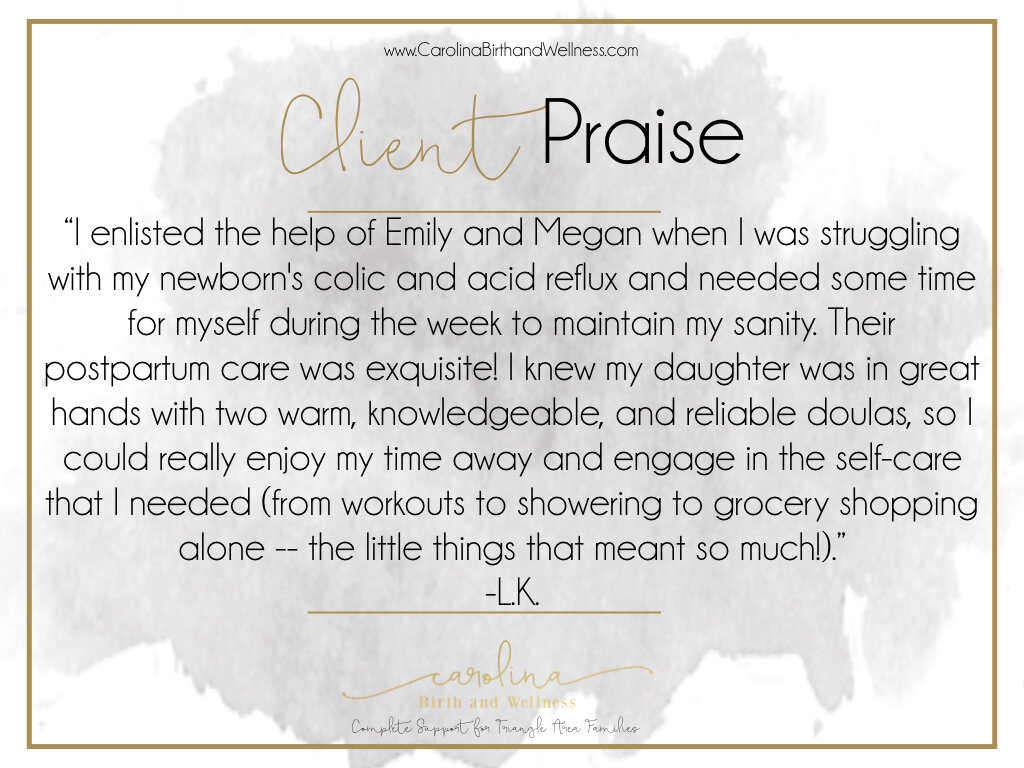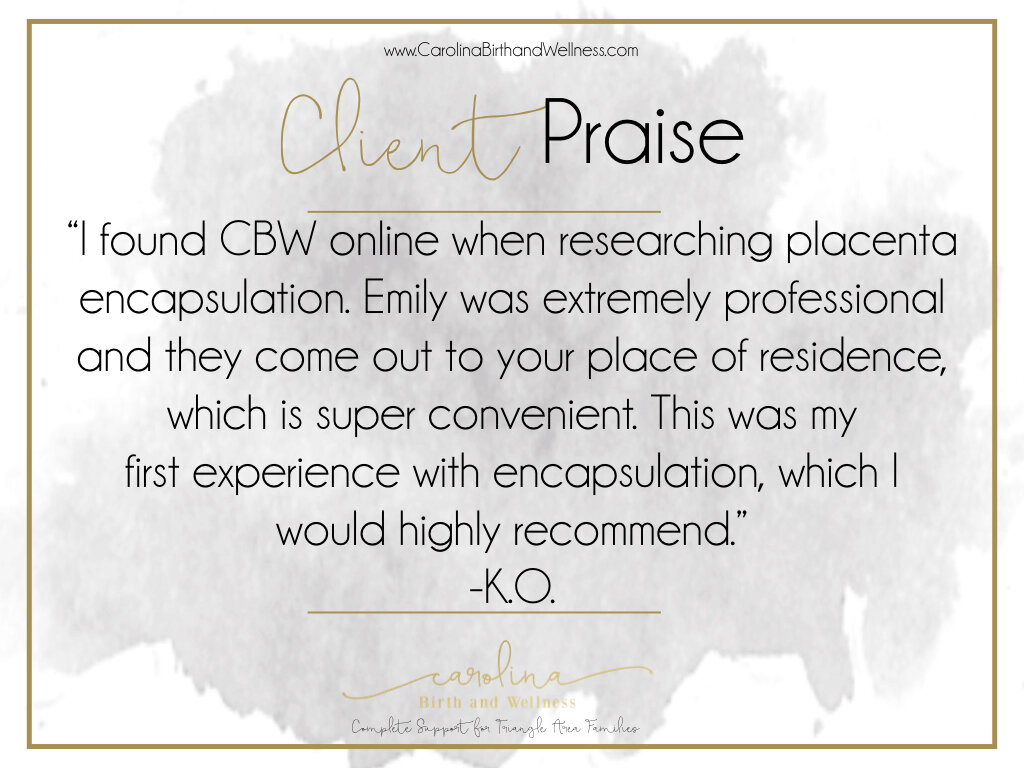One of the biggest concerns for all new parents, well actually all parents in general, is how do you know if your child is getting enough to eat? When they are bit older, it gets a bit easier as they can verbalize that they are still hungry or can use sign language to tell you they would like more. However, newborns and infants, do not have that ability, so it up to the parents and postpartum doulas to read the signs and decide if the babies are in fact getting enough to eat. A few of our favorite tips to helping parents make that decision are below:
Listen for Swallowing
When a newborn is drinking milk or formula, there should be a distinct sound of swallowing. Depending on the age of your baby and if your breastmilk has completely come in, you should hear one to two sucks for every swallow.
Tug on Nipple
While your newborn is nursing, you should feel a slight tug on your nipple. It should never be a sustained pitch or painful for any amount of time, but a light tug just to let you know something is happening is usually a good sign.
The Power of Oxytocin
Breastfeeding triggers the release of oxytocin in your body. So you make feel good, happy, have slight uterine cramps, feel thirsty, feel sleeping or many other reactions to the influx of oxytocin in your body. All of those feelings are completely normal, and a great sign that your baby is getting enough to eat!
Adequate Wet Diapers
Studies are mixed about if more soiled diapers are related to more effective eating sessions for your newborn. But, taken in conjunction with other tips, monitoring your newborns outtake can be a good way to determine if their intake is sufficient. All in all, your newborn should be producing 5-10 wet diapers per 24 hour period after your breastmilk has fully come in.
Weighing Baby After Feeding
Some parents find it helpful to weigh babies before and after each meal to see the weight difference and thus how much the baby actually ate while at the breast. If you would like to do this, we recommended getting a very sensitive scale because the difference may only be a few ounces. However, those few ounces is usually all that is needed for a complete meal for a very young baby!
Please note: If you are concerned about how much your newborn is eating, we highly recommend speaking with your Pediatrician or Lactation Consultant. These tips are in no way a substitute for medical advice, and should not be taken as such, but rather anecdotal information that we have learned through our experiences supporting families.



